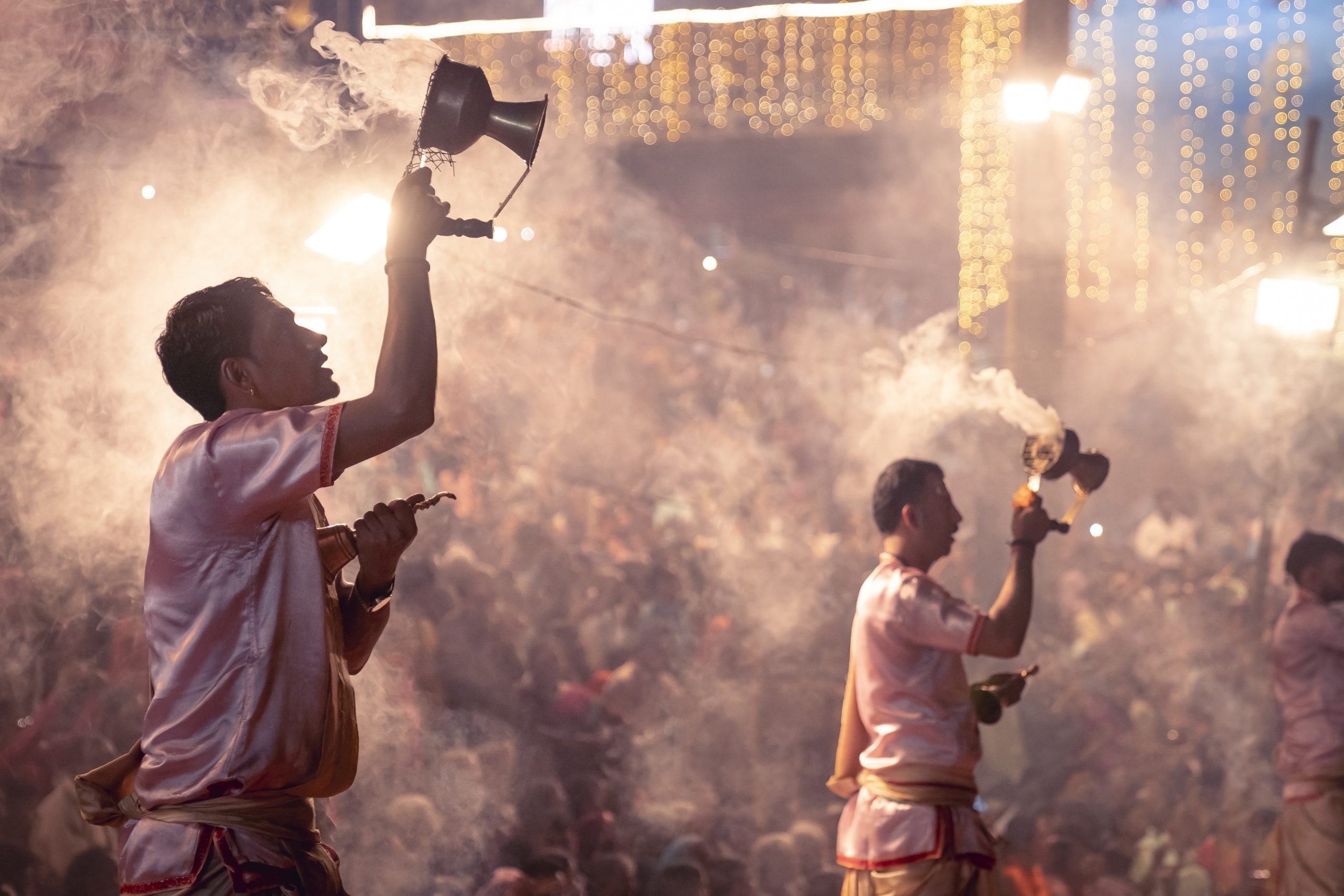Utah is known for having some of the strictest alcohol laws in the United States, making it crucial for anyone planning an event in the state to have a comprehensive understanding of these regulations. Whether you are organizing a wedding, a corporate function, or a private party, it is essential to ensure that you are in compliance with Utah’s alcohol laws to avoid any legal consequences. In this article, we will explore the key aspects of Utah’s alcohol laws for events, covering topics such as licensing requirements, restrictions on alcohol service, and penalties for non-compliance. By familiarizing yourself with these laws, you can navigate the intricacies of planning an alcohol-related event in Utah with confidence and minimize any potential legal risks.

1. Types of Events in Utah
Utah offers a wide range of events for both residents and visitors to enjoy. These events can be classified into two main categories: private events and public events.
1.1 Private Events
Private events in Utah refer to gatherings that are organized for a specific group of individuals, such as weddings, birthday parties, or corporate events. These events are typically invitation-only and take place in privately-owned venues, including rented event spaces or private residences. While private events are not open to the general public, they still need to adhere to certain rules and regulations set forth by the state.
1.2 Public Events
Public events, on the other hand, are open to the general public and often attract a larger crowd. Examples of public events include music festivals, art shows, and community fairs. Public events require permits from the local authorities to ensure safety and compliance with applicable laws. These events usually take place in public parks, designated event venues, or on closed-off streets.
2. Obtaining an Event Permit
If you’re planning to organize a public event in Utah, it is essential to obtain an event permit. This permit ensures that your event meets the necessary requirements and safeguards the well-being of attendees. The process of obtaining an event permit involves the following key steps:
2.1 Applying for a Permit
To apply for an event permit, you must submit an application to the appropriate local governmental agency, such as the city or county. The application will typically require details about the event, including the date, location, estimated attendance, and any special requirements.
2.2 Meeting Requirements
When applying for an event permit, it is crucial to ensure that your event meets all the necessary requirements. These requirements may include providing proof of liability insurance, having appropriate security measures in place, complying with noise regulations, and obtaining necessary approvals from other involved parties, such as the local health department or fire department. It is advisable to consult with a business lawyer who specializes in event planning to ensure that you meet all the requirements and navigate the permit application process smoothly.
3. Age Requirements for Event Attendees
Utah has specific age requirements in place when it comes to attending events, particularly those where alcohol is served. Understanding these requirements is crucial for event organizers to prevent legal issues and ensure a safe environment for attendees.
3.1 Legal Drinking Age
The legal drinking age in Utah, as in all states in the United States, is 21 years old. This means that individuals under the age of 21 are prohibited from purchasing, consuming, or possessing alcohol at events where alcohol is being served.
3.2 Underage Exceptions
While the legal drinking age is 21, there are certain exceptions for underage individuals attending events. Minors who are at least 18 years old are allowed to be present in licensed establishments that serve alcohol if they are accompanied by their parent, legal guardian, or spouse who is 21 years or older. However, they are still not permitted to consume alcohol.
It is crucial for event organizers to be aware of these age requirements and implement proper measures to ensure compliance. This may include checking identification cards at the event entrance and providing wristbands or unique identifiers to distinguish underage attendees.
4. Serving Alcohol at Events
If you intend to serve alcohol at your event in Utah, it is important to understand the regulations and responsibilities associated with alcohol service. Ensuring responsible and legal service practices can help prevent any issues and potential liabilities.
4.1 Licensed Servers
Alcohol service at events in Utah must be carried out by individuals who hold a valid alcohol server license. This license is obtained through completion of a state-approved training program, which educates servers on responsible alcohol service, recognizing intoxication signs, and preventing underage drinking. It is the responsibility of event organizers to ensure that all servers at their events are properly licensed.
4.2 Responsibilities and Liabilities
Event organizers have a duty to oversee and manage alcohol service at their events. They are responsible for ensuring that servers adhere to the appropriate service practices, including refusing service to intoxicated individuals and verifying the age of attendees. Failing to fulfill these responsibilities can result in legal liabilities and potential penalties. Engaging the services of knowledgeable business lawyers who specialize in alcohol laws can help ensure that you fulfill your responsibilities and minimize any potential risks.

5. Hours of Alcohol Service
Utah imposes specific time restrictions on the service of alcohol at events. These restrictions aim to promote responsible consumption and prevent excessive drinking late into the night.
5.1 Event Time Restrictions
In most areas of Utah, the service of alcohol at events must cease by 1:00 am. It is important for event organizers to plan their events accordingly and inform attendees of the end time of alcohol service. Failure to comply with these time restrictions can lead to legal consequences and potential penalties.
5.2 Exception for Certain Events
Exceptions to the standard 1:00 am restriction on alcohol service exist for specific events, such as hotel conventions and private gatherings held in venues that have been granted a special exemption. These exceptions, however, are subject to stringent requirements and must be obtained through proper processes. Seeking legal guidance when organizing events that may fall under these exceptions can help ensure compliance with the law.
6. Restrictions on Consumption
Utah has specific laws in place to regulate the consumption of alcohol in public spaces, including events. Understanding these restrictions is vital for event organizers to maintain order and comply with the law.
6.1 Open Container Laws
Utah strictly enforces open container laws, making it illegal for individuals to possess an open alcoholic beverage container in public spaces. This applies to events held in public areas, such as parks or streets. Event organizers must ensure that attendees are aware of these restrictions and take measures to prevent open container violations.
6.2 Limitations on Public Consumption
Utah also imposes limitations on public consumption of alcohol. Consumption of alcohol is generally limited to licensed establishments such as bars, restaurants, and private clubs. Those organizing events are responsible for preventing public consumption of alcohol and taking appropriate measures to enforce the law.
7. Liability and Insurance
When organizing events that involve alcohol service, it is crucial to address liability and insurance considerations. Understanding the potential risks and implementing the necessary precautions can help protect event organizers from legal and financial consequences.
7.1 Liability for Alcohol-Related Incidents
Event organizers can potentially be held liable for alcohol-related incidents that occur during their events. This includes accidents caused by intoxicated individuals, as well as other alcohol-related injuries or damages. It is therefore essential to take proactive measures to prevent such incidents and have appropriate liability insurance coverage.
7.2 Insurance Requirements
Utah law requires event organizers to have liability insurance coverage when serving alcohol at events. This insurance should protect against claims arising from alcohol-related incidents. Event organizers should consult with experienced business lawyers to ensure that they have the necessary insurance coverage and mitigate potential liabilities.
8. Advertising and Promotion
When advertising and promoting events in Utah, it is important to adhere to the state’s regulations to avoid legal issues and ensure compliance.
8.1 Advertising Regulations
Utah has guidelines in place regarding the advertising of events that involve alcohol. Advertising must not promote excessive drinking, underage drinking, or any behavior that may encourage violations of alcohol laws. Event organizers should carefully review their advertisements and marketing materials to ensure compliance with these regulations.
8.2 Prohibited Promotions
Certain promotional activities are explicitly prohibited in Utah. These include offering free drinks or unlimited alcoholic beverages for a fixed price, commonly known as “all-you-can-drink” promotions. Event organizers should refrain from implementing such promotions to avoid legal repercussions.

9. Enforcing Utah’s Alcohol Laws
Utah’s alcohol laws are strictly enforced to maintain public safety and ensure compliance. The Utah Alcoholic Beverage Control Commission (UDABC) plays a significant role in the enforcement of these laws.
9.1 Utah Alcoholic Beverage Control Commission
The UDABC is the state agency responsible for regulating the sale and service of alcoholic beverages in Utah. They oversee compliance with alcohol laws, issue licenses, and have the authority to enforce penalties for violations.
9.2 Penalties for Violations
Violations of Utah’s alcohol laws can result in severe penalties, such as fines, license suspension, or revocation. Event organizers who do not comply with the law risk legal consequences that may impact their reputation and future event planning endeavors. Seeking legal assistance can help ensure compliance and minimize the risk of penalties.
10. Legal Assistance with Alcohol Laws
Navigating Utah’s alcohol laws can be complex, especially when organizing events that involve the service of alcohol. Engaging the services of a knowledgeable business lawyer with expertise in alcohol laws can provide invaluable assistance and peace of mind.
10.1 Importance of Legal Counsel
Having legal counsel is crucial to ensure that event organizers understand and comply with all applicable laws and regulations. Business lawyers can guide organizers through the process of obtaining permits, help draft contracts with vendors and venues, and provide legal advice on liability, insurance, and compliance matters.
10.2 How a Business Lawyer Can Help
A business lawyer with expertise in alcohol laws can assist event organizers in various ways. They can review contracts and insurance policies, ensure compliance with permit requirements, advise on advertising and promotion strategies, and represent organizers in legal matters such as disputes or potential violations. Having a dedicated legal professional can provide event organizers with the confidence to plan and execute successful events while minimizing legal risks.
By understanding Utah’s alcohol laws for events and seeking legal assistance, event organizers can navigate the complexities of organizing events involving the service of alcohol with confidence and compliance.
Frequently Asked Questions
-
Do I need a permit to serve alcohol at my private event in Utah?
- Yes, if you plan to serve alcohol at your private event in Utah, you may need to obtain a permit. The requirements may vary depending on the size of the event and the location. It is advisable to consult with a business lawyer to determine the specific permit requirements for your event.
-
Can minors attend events where alcohol is being served in Utah?
- Minors may attend events where alcohol is being served in Utah if they are accompanied by their parent, legal guardian, or spouse who is 21 years or older. However, they are prohibited from consuming alcohol.
-
What are the consequences of violating Utah’s alcohol laws at an event?
- Violations of Utah’s alcohol laws at events can result in penalties such as fines, license suspension, or revocation. Event organizers may also be held liable for alcohol-related incidents that occur during their events, leading to potential legal and financial consequences.
-
How can a business lawyer help with alcohol laws for events in Utah?
- A business lawyer specializing in alcohol laws can provide valuable guidance and assistance with obtaining permits, ensuring compliance with regulations, reviewing contracts, advising on liability and insurance matters, and representing event organizers in legal disputes or potential violations.
-
Why is liability insurance important for events involving alcohol service in Utah?
- Liability insurance is crucial for events involving alcohol service in Utah as it provides coverage for alcohol-related incidents. Event organizers can potentially be held liable for damages or injuries caused by intoxicated individuals, and having appropriate insurance coverage helps mitigate financial risks.